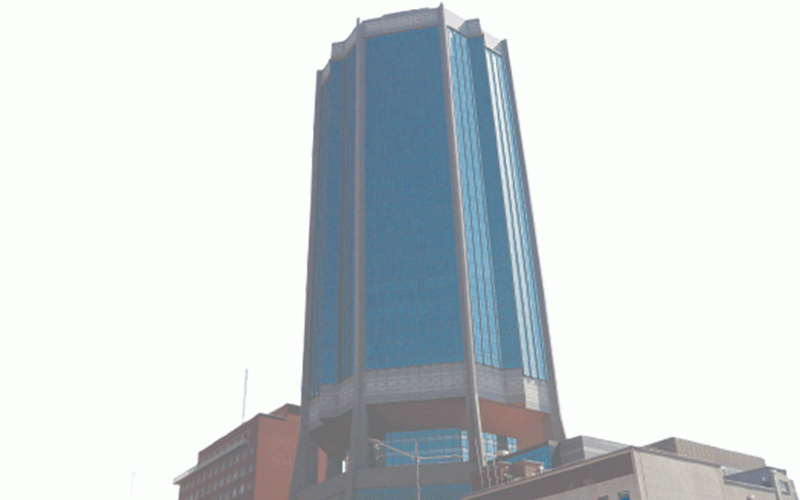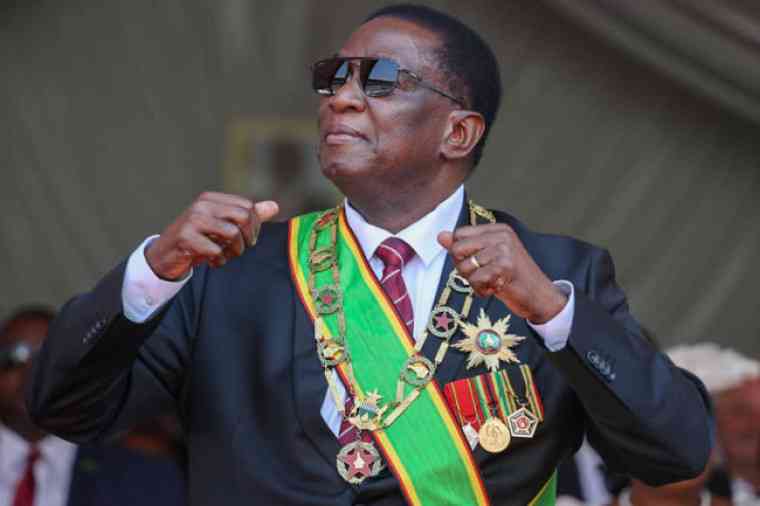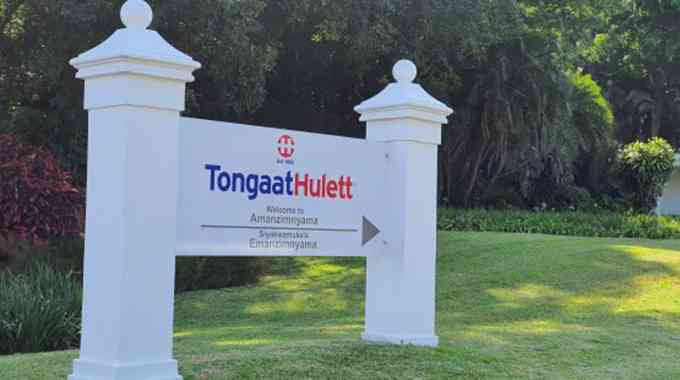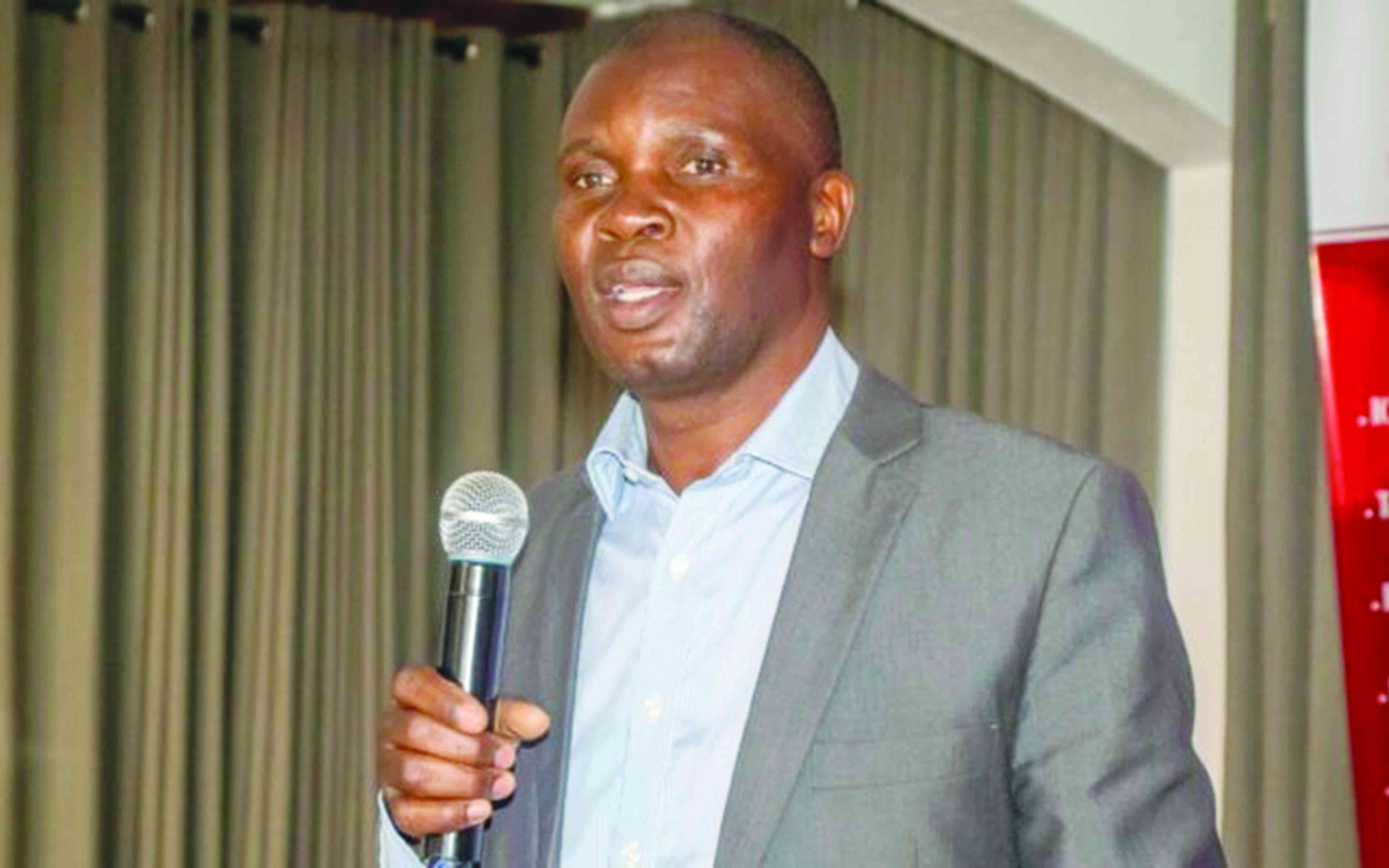
Zimbabwe’s punitive tax regime is driving the economy deeper into informality, forcing companies and consumers to abandon the banking system in favour of cash transactions, according to frank warnings submitted by business leaders to Finance minister Mthuli Ncube in recent weeks.
This collective pressure sets the stage for a direct confrontation with Ncube, who is standing firm against mounting calls, including from the ruling Zanu PF, to abolish the controversial 2% tax on electronic transactions.
The Finance minister has repeatedly described the Intermediated Money Transfer Tax (IMTT) as a “critical revenue lifeline”, defending it during a pre-budget engagement with MPs this week.
In hard-hitting submissions forming part of industry’s input into the upcoming 2026 National Budget, sectors from banks and retailers to tourism slammed the IMTT as one of the biggest threats to formal business and financial stability, as they relived previous calls to drop it.
They said substantial amounts of money were being kept out of the banking system as markets avoid the heavy tax, once described by the Zimbabwe National Chamber of Commerce (ZNCC) as a form of double taxation.
Some estimates suggest about US$2,5 billion could be circulating outside banks in a country where informal businesses dominate, accounting for 76% of GDP. The Reserve Bank of Zimbabwe, however, put the figure at about US$500 million in 2021.
Business leaders said the IMTT, introduced in 2018 as a revenue-raising measure, has outlived its purpose and is now undermining government’s own campaign for a cashless society.
“The current 2% rate increases costs, distorts supply chains and encourages cash usage amidst efforts by the Reserve Bank to move towards a cashless society,” the ZNCC said.
- A$AP Rocky arrested in connection with shooting
- Out & about: Cardi B sways Ye, Lil Durk on a ‘Hot Ish’ ride
- Out & about: Cardi B sways Ye, Lil Durk on a ‘Hot Ish’ ride
- Budget dampens workers’ hopes
Keep Reading
“Doing business in Zimbabwe remains costly, with firms navigating over 30 licences in some sectors. Power shortages and limited access to credit worsen competitiveness.”
ZNCC leaders submitted their insights as peers at the Bankers Association of Zimbabwe (BAZ) pressed for the tax’s “significant reduction or removal”, saying it was eroding confidence in the formal financial system.
“Lowering or scrapping the IMTT would incentivise formal banking, expand the taxable base, and reduce cash-based informality,” the bankers said.
Business leaders said high taxes, coupled with complex compliance demands, had fuelled the shift into a cash economy where transactions are invisible to the taxman and difficult for banks to capture.
The ZNCC warned the tax had worsened an already high-cost environment, making Zimbabwean products less competitive across the region. It also cited porous borders and corruption at customs posts, which it said were draining over US$1 billion annually, allowing a flood of cheap, untaxed imports.
“This undermines the goals of the National Development Strategy and the Zimbabwe National Industrial Development Policy, both of which seek to promote value addition and competitiveness,” the chamber said.
The Confederation of Zimbabwe Retailers (CZR) joined the outcry, saying the IMTT had created a cash-only economy.
“While the tax remains an important revenue source, its cumulative effect exerts pressure on consumers and businesses, particularly in a dual currency environment,” CZR said.
“The current structure discourages formal financial activity and pushes economic agents toward cash-based transactions.”
Retailers called on government to rationalise the IMTT and replace it with a “lower and more progressive rate structure” that would broaden, rather than shrink, the tax base.
They warned Zimbabwe’s complex tax framework was keeping thousands of small businesses outside the formal system, and huge amounts of cash under pillows and beyond the reach of banks.
The consequences of a cash-only society have been dire. Businesses say with low deposits, banks have struggled to mobilise funding to support industrial recovery.
“Most micro and small retailers operate informally not out of defiance, but because of complexity, inaccessibility, and high compliance costs,” CZR said, proposing simplified registration and payment systems.
The confederation further raised alarms over power shortages, calling for stronger public-private partnerships in renewable energy and incentives for companies investing in generation projects that feed into the national grid.
CZR also flagged serious distortions arising from government’s reclassification of several basic commodities, such as cooking oil, sugar, and flour, from zero-rated to VAT-exempt.
The policy change, it said, removed retailers’ right to reclaim input VAT on rent, transport, and utilities, thereby inflating prices on essential goods.
“The ultimate effect is regressive, as consumers unknowingly absorb embedded taxes,” CZR said. It proposed reintroducing targeted zero-rating on a narrow “basic basket” of goods to stabilise prices and protect low-income households.
The Tourism Business Council of Zimbabwe (TBCZ) backed the push for tax reform, warning that current thresholds were worsening the cost-of-living crisis.
It proposed raising the income tax-free threshold from US$100 to US$350 per month, saying inflation had severely weakened purchasing power.
“An employee earning US$350 currently pays around US$54 in tax, including the Aids Levy. Under the proposed adjustment, that worker would pay no tax, gaining US$54 monthly,” the council said.
The TBCZ also urged government to simplify tax bands and cap the top marginal income-tax rate at 30% to remain competitive in the region.
“This would encourage formal employment, improve compliance and help retain skilled professionals,” it said.
Economists said the business community’s submissions underline a deeper structural problem — that a tax system initially designed to plug revenue leakages has now become a disincentive to formalisation.
“The IMTT is a blunt instrument. It worked in the early days to shore up revenues, but now it’s punishing production and trust in banks,” one analyst said.
“Every extra cost pushes companies and households back to cash.”
As Ncube prepares his 2026 National Budget, pressure is mounting for a sweeping overhaul of the country’s tax system — and a recalibration of policy towards productivity rather than punishment.
If government ignores the call, businesses warn, the exodus from banks could accelerate — taking with it the formal economy itself.
“Removing the tax would leave a revenue gap that could only be filled by making what would be another unpopular move: raising VAT,” Ncube told legislators, who had called for the levy’s removal.
He further stressed that the IMTT accounted for about 8% of Zimbabwe’s total tax collections by the end of 2024.
That position directly conflicts with a firm resolution from Zanu PF’s annual conference in Mutare last month, where delegates pushed for the levy’s immediate removal — placing the minister in a politically difficult position.











